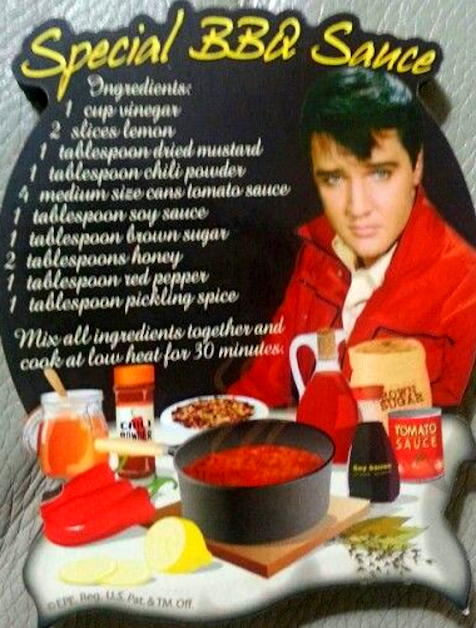The burgers, an impressively affordable $7.25 apiece, are on the smaller side—a hungry diner could easily down two or three before pausing for breath. They are also available with double patties ($11.50), though it seems foolish to disturb the single patty’s perfect ratio of bread to meat. Despite all the fanfare, I found the onion burger a little bland—a few shakes of hot sauce liven it up, though doctoring it at all feels a bit sacrilegious. But the Classic Smash is fantastic, strong and correct. You don’t need to know the history of burgers to be taken with its honest flavors, its modest size, its firm handshake of pickle and onion and good ol’ American ground beef. It’s a hamburger you trust, a hamburger you’d feel good about taking your daughter to prom.
In addition to the two hamburgers, there are fries, of course (thin and crisp, but oversalted on one visit and not quite salty enough on another), plus a handful of simple, school-lunch-ish sandwiches, including tuna salad made with sweet pickle relish, and a deeply satisfying peanut-butter-and-jelly. There’s an unfussy grilled cheese (American, on buttered bread), and a secret, off-menu sandwich that I’ve seen described elsewhere, inaccurately, as a patty melt. In fact, it’s a grilled cheese with a smash-burger patty inside it, and it’s singularly terrific. There’s a milk menu, your choice of plain or chocolate or coffee (a Rhode Island specialty, made with Autocrat-brand coffee syrup, sweet and bitter); the latter two can be topped with a squirt of seltzer to make a very decent egg cream. The best seats in the house are at the L-shaped counter—especially the stools right in front of the burger station, where Motz himself is likely to be captaining the griddle. He’s tall and muttonchopped, with a medusa-like shock of silver hair. A cartoon version of his grinning face is the restaurant’s logo, silk-screened onto the breast of yellow T-shirts, sewn as a patch on the sleeves of crisp white chefs’ shirts, and laser-etched onto the blade of Motz’s own “Smashula,” a custom tool he wields theatrically to flatten and flip each patty.
On one of my visits to Hamburger America, no fewer than three employees mentioned, unprompted, that the hot ham sandwich was the sleeper hit of the whole menu. They did not lie. I watched as Motz piled a tidy mountain of meat, freshly thin-sliced, onto the flattop, draping two slices of lacy Swiss cheese overtop. He left the whole thing to warm under a metal cloche until it was melty and rich, then transferred it to a butter-toasted burger bun. As Motz wrapped the finished sandwich in parchment paper and slid the plate to me across the counter, he asked if I was from the Midwest. I said that I was from Chicago, and he shook his head. “Almost! It’s a real Milwaukee thing, this sandwich,” he said, before turning his focus back to the whack-a-mole of the griddle, full of patties in various stages of historically accurate smash. Looking it up later, I learned that hot ham and rolls has, for generations, been a Sunday tradition in southeast Wisconsin, when families line up at their favorite bakeries for an easy, affordable post-church meal.










